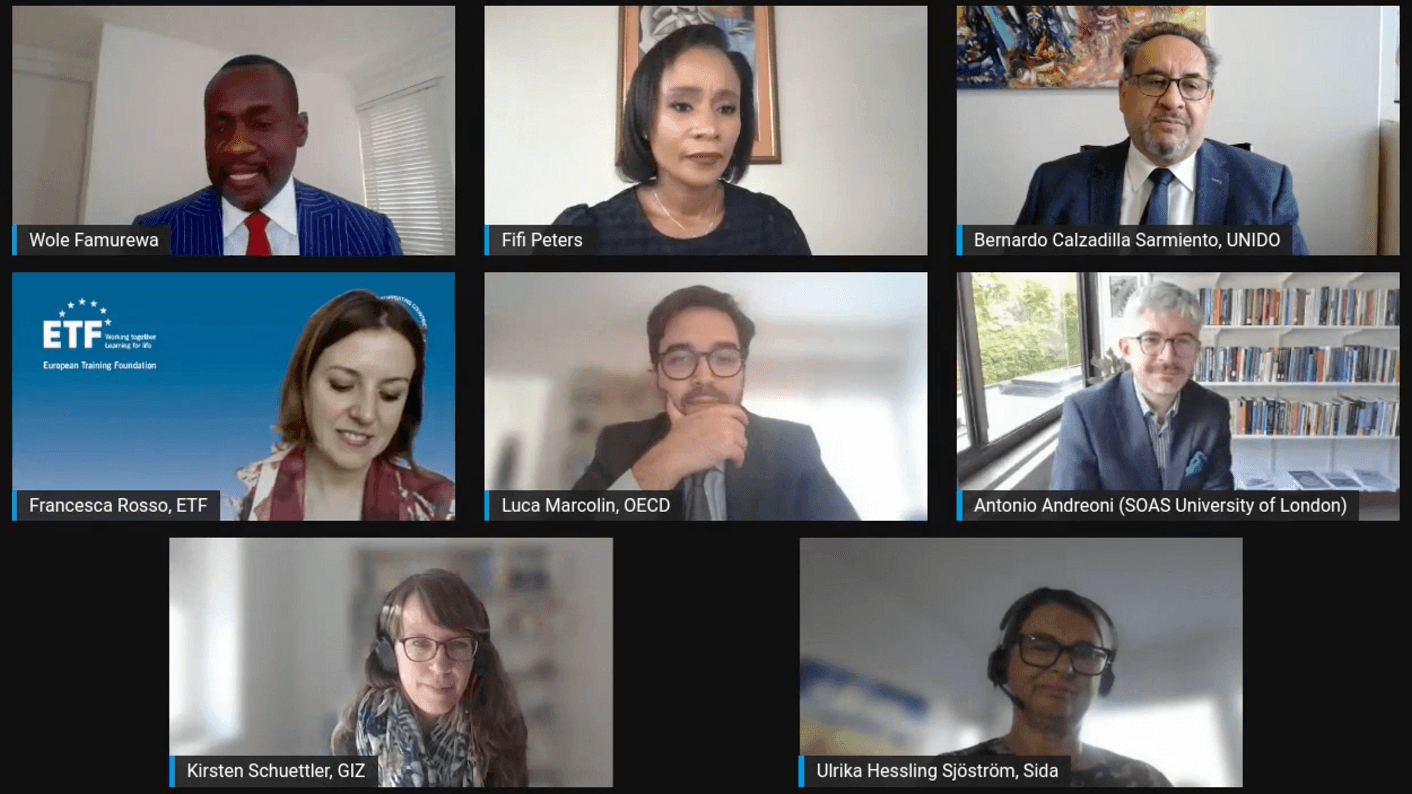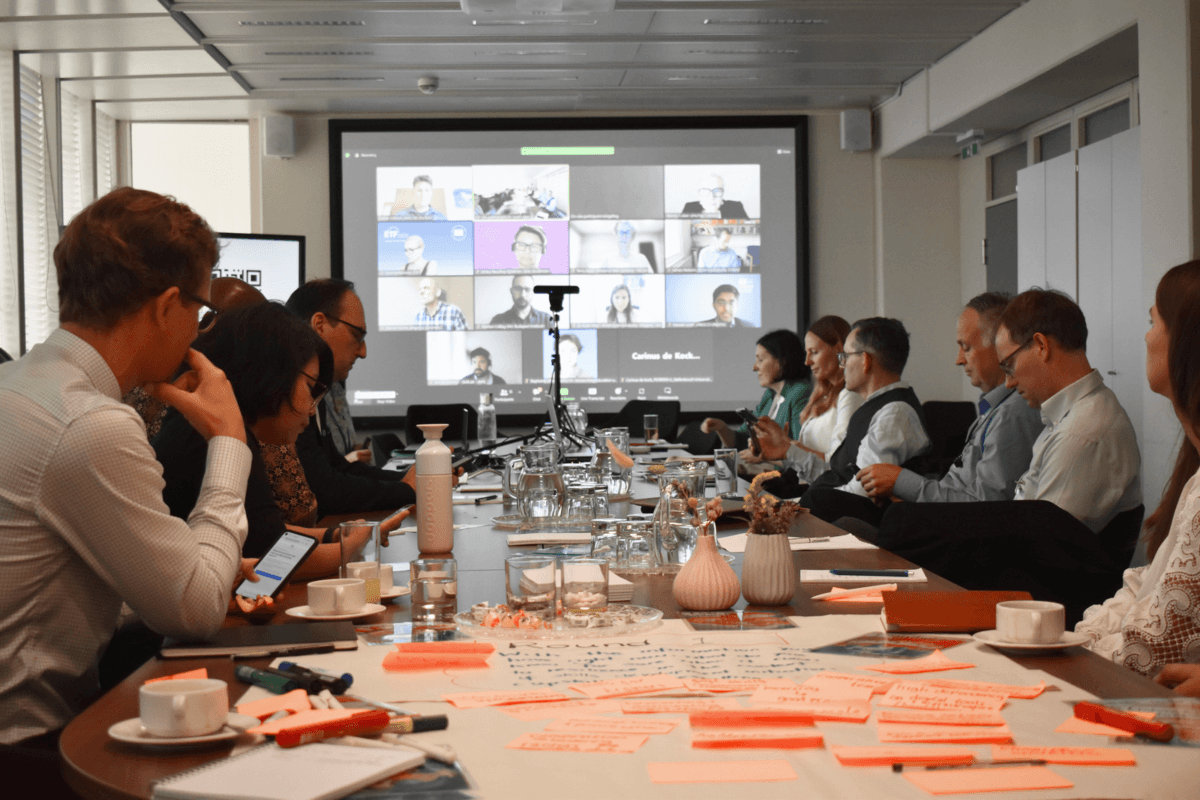Developing Resilience in Skills: Overcoming Challenges and Building Back Better for the Future
The need to strengthen and invest in people’s and organizations’ resilience has become more important than ever.
- September 12, 2022
- By Sophie Nedlin
It has become clear that we live in uncertain times. The United Nations Sustainable Development Goals (SDGs) are being strongly threatened by the effects of the pandemic, climate change and economic disruptions due to conflict. The need to strengthen and invest in people’s and organizations’ resilience has therefore become more important than ever, for developed as well as for developing countries.

According to the BSI organizational resilience index of 2021, the year 2020 has been especially tough for organizations, which can be seen in their overall financial performance and operational priorities. Nevertheless, businesses and governments took it as a chance to implement new policies, decisions, and commitments, showing optimism for the upcoming decade even when resilience was deeply challenged.
But what is resilience?
Simply put, according to the United Nations Office for Disaster Risk Reduction, resilience is the “ability of a system, community or society to resist, absorb, accommodate, adapt, transform and recover from the effects of a hazard in a timely and efficient manner, including via risk management”. It is a necessary process to adapt to new conditions and create new prospects for the future.
Workers’ and organizational resilience are intertwined. For instance, nowadays, organizations struggle to navigate the fast-changing skills landscape. In Deloitte’s 2020 Global Human Capital Trends survey, 53% of respondents said that more than half of their workforce needs to change their skills in the next three years. However, at the same time organizations will also struggle to navigate these skills changes effectively. Explosive changes in the business landscape and the constantly changing skills needs will affect the way organizations and workforce operate.
The latest numbers show that 74% of organizations say reskilling the workforce is an important endeavor for their success, however, only 10% say they are equipped to confront this trend.
We are thus standing at a tipping point. How can businesses both in developed and developing countries build their organizational and their employees’ resilience in a world of constant disruptions? And what actions can we take to be better equipped for the fast-changing environment?
The United Nations Industrial Development Organization (UNIDO) recognizes these challenges and works towards more resilient industries and workforce. UNIDO has built a strong track record facilitating Public-Private Development Partnerships (PPDPs) to help build sustainable, inclusive and greener economies in emerging and developing economies. Through joint initiatives of the public and private sector with development agencies, PPDPs are an effective way of providing wider social and economic benefits from general economic growth to job creation and poverty reduction. Building back from the multiple crises, the global community has now the opportunity to build a more resilient future.
Let us build back better together: Join UNIDO’s LKDF Forum 2022!
This year’s LKDF Forum, which will be virtually convened on 19 and 20 October 2022 under the theme “Skills for Resilience: Are We Ready for a Skills Revolution?”, will bring together partners, experts, training professionals and stakeholders from the skills development system to examine why resilience in skills has become even more crucial in these uncertain times.
The following ‘how’ questions will be addressed and discussed:
- How can we better prepare for the skills revolution and become more resilient?
- How can we create more resilient and inclusive TVET systems?
- How can we reskill our workforce to become more resilient?
- How to strengthen the resilience of organizations and equip them with the right skills to handle an uncertain future?
- What does it take to generate resilient companies in emerging economies?
The forum will incorporate captivating debates and discussions that aim to identify key challenges, trends, and solutions within the industrial skills development agenda.

